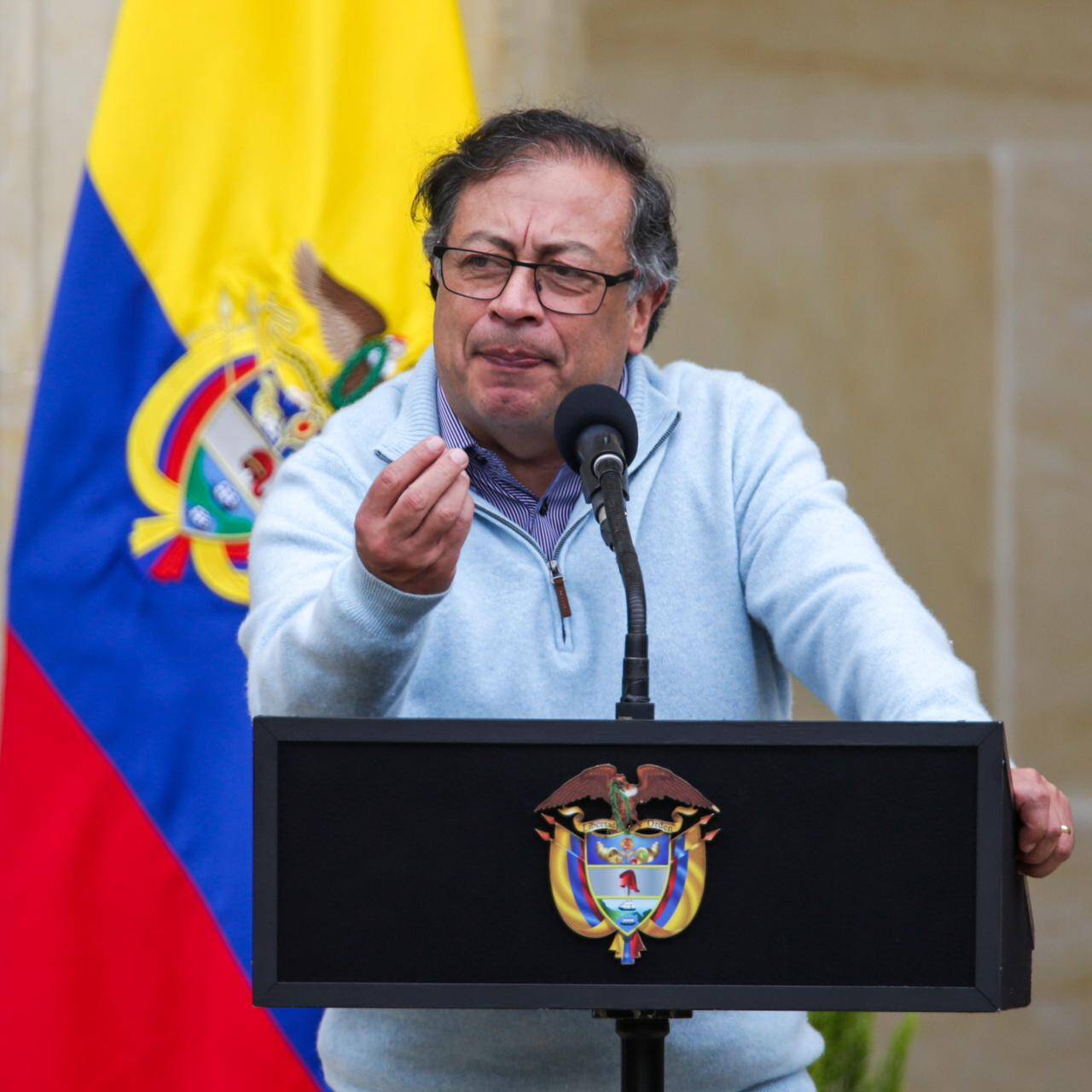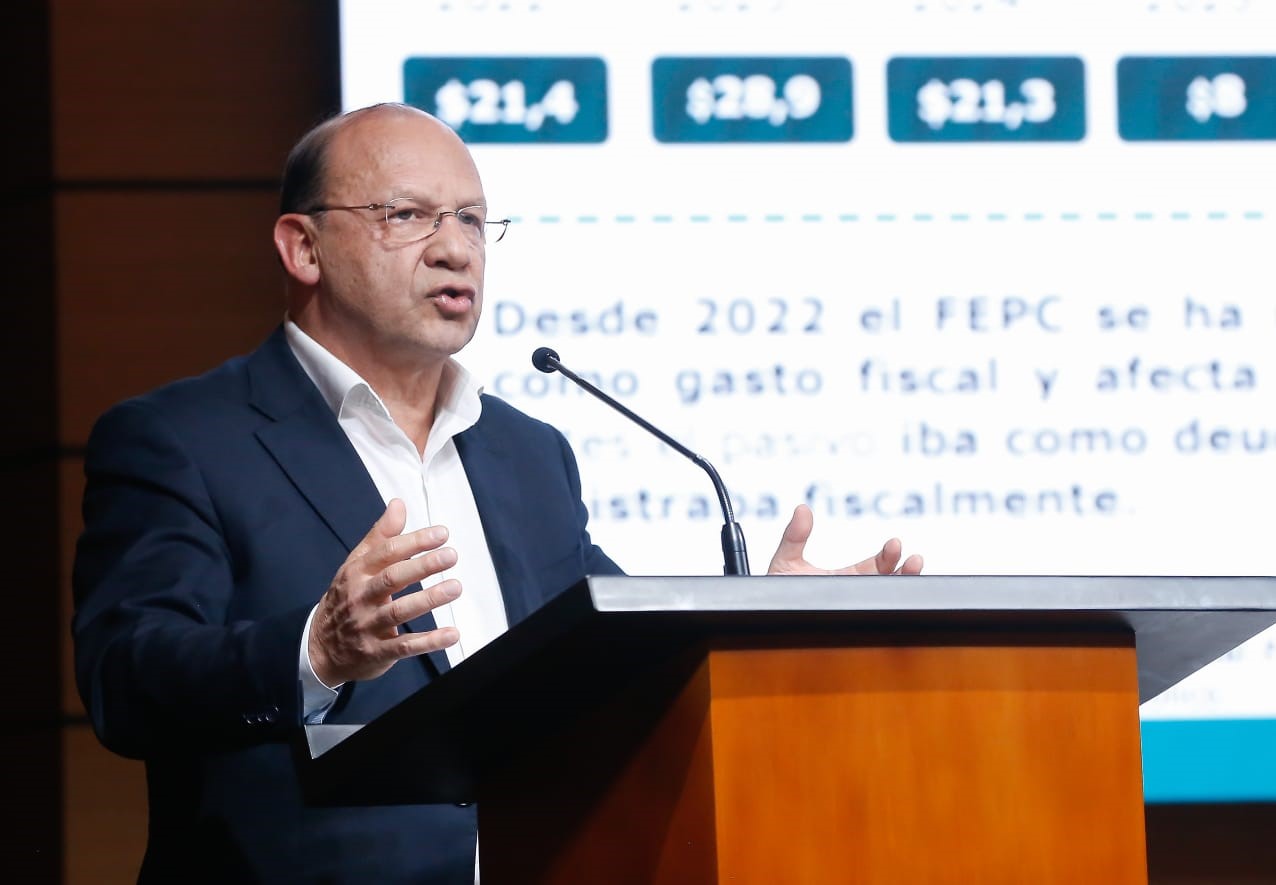Efraín Cepeda approved the microbusiness law that President Petro had objected to: Why?

In a new bout of tension between Congress and the Executive Branch, Senate President Efraín Cepeda approved this Tuesday the bill establishing public policy guidelines to strengthen local stores, bakeries, and micro-businesses throughout the country, arguing that President Gustavo Petro failed to do so within the legal deadline and that his objections were submitted untimely.
"They note here that, according to Article 168 of the Constitution, the President of the Republic did not sign it, and when those terms are met, it is the President of Congress who must sign the law," Cepeda asserted.
And then he added: "So, this is such an important law from the Mira Party that supports the popular economy, that defends neighborhood micro-businesses. We need to protect people's jobs, and that's why we passed this very important law."
Cepeda invokes Articles 166, 167, and 168 of the Constitution, which establish that the government has six days to return a bill with objections if it contains no more than 20 articles; ten days if the bill contains 21 to 50 articles; and up to 20 days if the articles exceed 50.

President Gustavo Petro reportedly filed the objections late. Photo: César Melgarejo. EL TIEMPO
"If the President fails to fulfill his duty to sanction laws in the terms and according to the conditions established by the Constitution, the President of Congress shall sanction and promulgate them ," states Article 168.
The initiative, approved by Congress in mid-2024, was submitted to the President of the Republic on July 4 of that year for approval. However, on the 12th, the Executive Branch returned the text with objections due to its alleged unconstitutionality.
Seventeen days later, the Senate appointed Senator Ana María Castañeda to study the objections, and finally, both the House of Representatives (on December 4) and the Senate (on December 10) approved a report that partially accepted the Government's objections.
The file was returned to the Casa de Nariño on January 31, 2025, but the Presidency returned it twice—on February 7 and 28—alleging typing and transcription errors. The Executive Branch only received the corrected document on March 13. However, on April 7 of this year, the Presidency returned the bill to Congress again, this time objecting to it for inconvenience.
Cepeda believes that this latest action by the Executive Branch was untimely and contrary to constitutional terms.
It will also sanction a law that modifies changes to the Fonpet. Cepeda announced that he will also sign the law authorizing governors to use surplus funds from the National Pension Fund of Territorial Entities (Fonpet) —a bill the Executive Branch objected to, considering it unconstitutional and inappropriate—based on the same justification.
However, for Cepeda, the objections were also filed out of time. The Senate President maintains that the text was sent by Congress to the Presidency of the Republic on June 11, so the deadline was June 19. However, it wasn't until June 20 that the Nariño House forwarded the objections.

Finance Minister Germán Ávila signed the objection. Photo: Néstor Gómez, EL TIEMPO
The proposal, which updates Law 549 of 1999 and seeks to grant greater autonomy to territorial entities in the management of the fund's resources, was returned to Congress because the Ministry of Finance believes it does have a fiscal impact.
The initiative also claims to violate Article 48 of the Constitution—which establishes that social security is a mandatory public service—and violates Article 362, since, according to the government, it affects the allocation of assets and revenues of local governments.
"It disregards Article 287 of the Constitution, insofar as it violates the autonomy of territorial entities; it violates Article 151 above, due to its failure to comply with the requirements imposed on the Congress of the Republic by the provisions of Article 7 of Law 819 of 2003," they added in a letter filed with Cepeda on June 19.
Representative Wilmer Castellanos (Green Alliance), who is the coordinator of the reform, shared his position regarding the objections on his X account.
"In response to the objections, we in Congress will examine the appropriateness of the objection, as well as its underlying reasons," the representative shared. "It is necessary to reclaim the autonomy of territorial entities and the management of their resources with the tools they must have available to provide greater efficiency in the fiscal management of said resources," he added.
CAMILO A. CASTILLOPolitical EditorX: (@camiloandres894)
eltiempo





